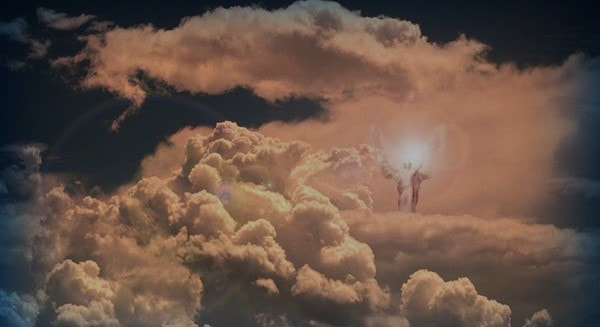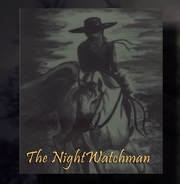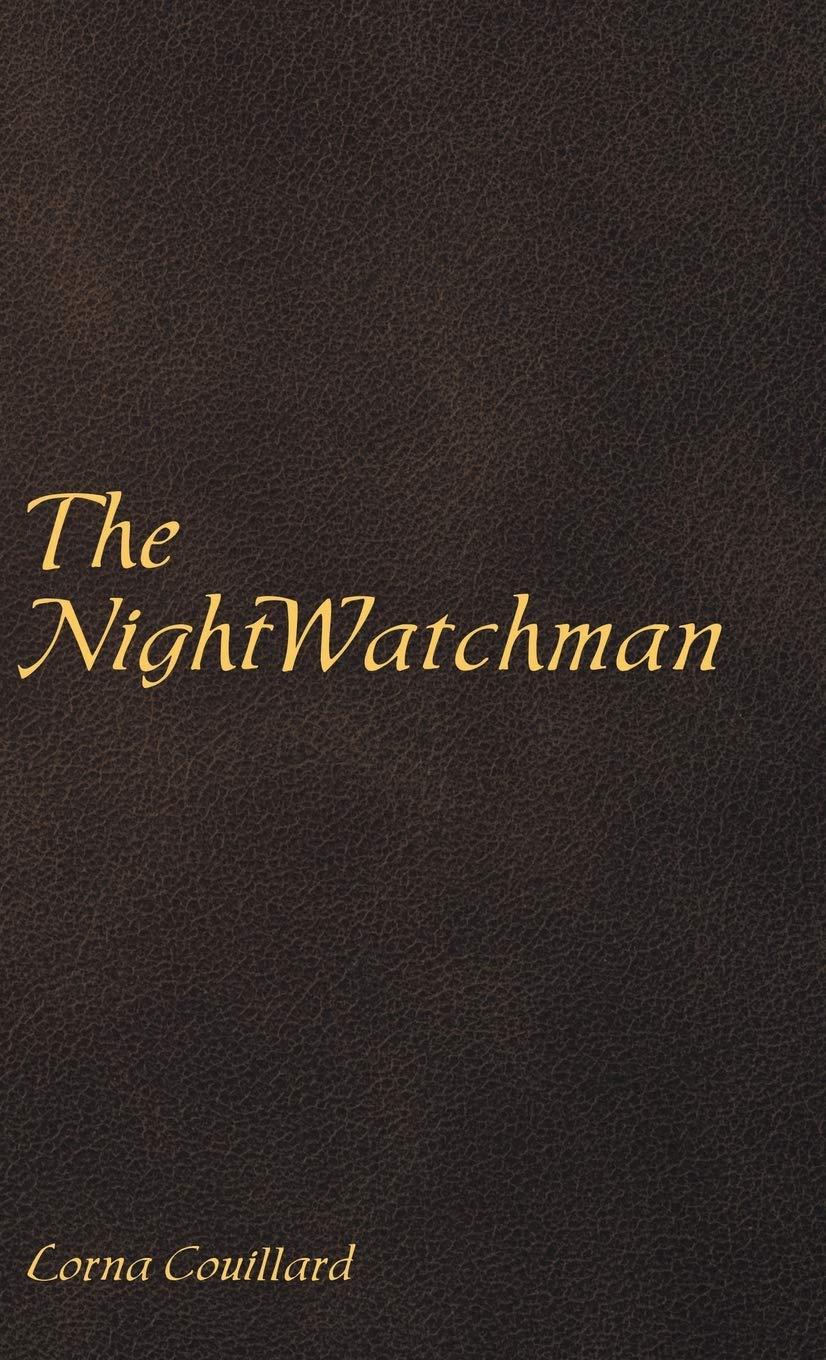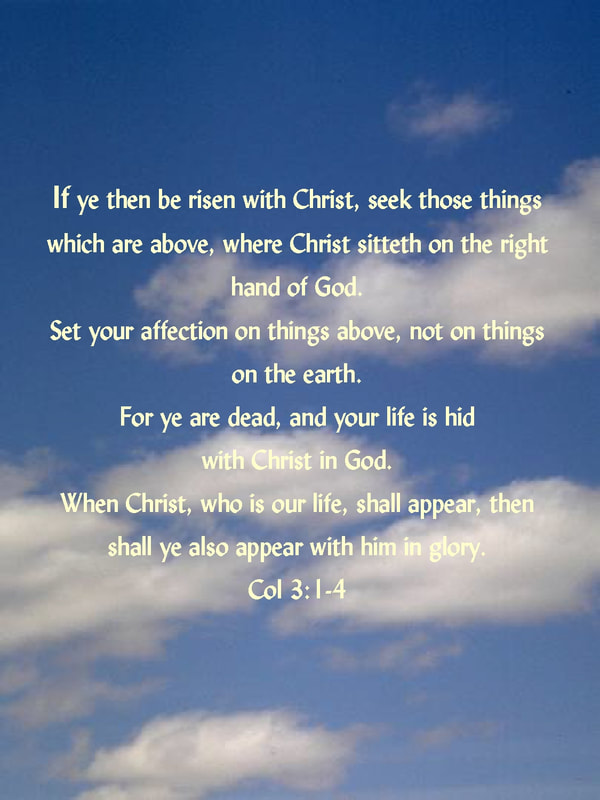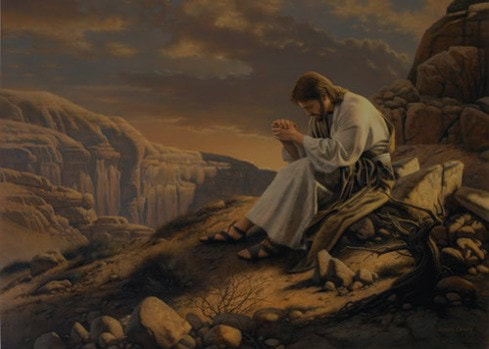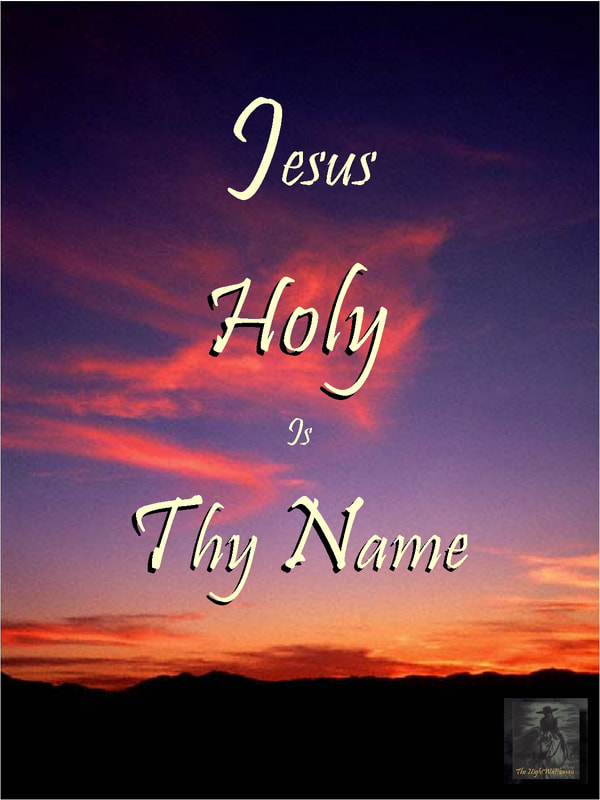|
In the year that king Uzziah died I saw also the Lord sitting upon a throne, high and lifted up, and his train filled the temple. Above it stood the seraphims: each one had six wings; with twain he covered his face, and with twain he covered his feet, and with twain he did fly. And one cried unto another, and said, Holy, holy, holy, is the LORD of hosts: the whole earth is full of his glory. And the posts of the door moved at the voice of him that cried, and the house was filled with smoke. Then said I, Woe is me! for I am undone; because I am a man of unclean lips, and I dwell in the midst of a people of unclean lips: for mine eyes have seen the King, the LORD of hosts. Isa 6:1-5 Removing the Veil Consider what the prophet saw. He sees Jehovah as Ruler, Governor, King; He is upon a throne, high and lifted up. It is the throne of absolute sovereignty: of resistless, questionless supremacy over all. He is in the temple where the throne is the mercy-seat, between the cherubim; over the ark of the covenant, which is the symbol and seal of friendly communion. His train, the skirts of His wondrous garment of light and love, filled the temple. Above, or upon, that train stood the seraphim. These are not, as I take it, angelic or super-angelic spirits, but the Divine Spirit Himself, the Holy Ghost, appearing thus in the aspect and attitude of gracious ministry. With this great sight voice and movement are joined. A voice of adoring awe fills the august temple with the echoing sound. The voice occasions commotion, excitement, shaken door-posts, the smoke of the glorious cloudy fire filling all the house. II. How the prophet felt. It is a thorough prostration. He falls on his face as one dead. He cannot stand that Divine presence—that living, personal, Divine presence—abruptly confronting him in the inmost shrine of the Lord’s sanctuary, and the sanctuary of his own heart. What the Lord really is, thus flashing on his conscience, shows him what he is himself. Undone! unclean! Unclean in the very sphere and line of living in which I ought to be most scrupulously clean! III. How the prophet’s case was met. There, full in his view, is an altar with its sacrifice; present to him then, though future; with a living coal from that living altar, the blessed Spirit touches him at the very point of his deepest self-despair. And the effect is as immediate as the touch. Nothing comes in between. Enough that there are, on the one side, the unclean lips, and on the other the live coal from off the altar. To the one let the other be applied, graciously, effectually, by the sevenfold, myriadfold, agency of the Spirit who is ever before the throne on high. The prophet asks nothing more. He hears the voice, as of Him who said, "Thy sins be forgiven thee." "Lo, this hath touched thy lips; and thine iniquity is taken away, and thy sin purged." IV. The subsequent offer and command. Two things are noticeable here: the grace of God in allowing the prophet, thus exercised, to be a volunteer for service; and the unreservedness of the prophet’s volunteering. It is no half-hearted purpose, conditional on circumstances; but the full, single-eyed heartiness of one loving much, because forgiven much, that breaks out in the frank, unqualified, unconditional self-enlistment and self-enrolment in the Lord’s host,—"Here am I; send me." R. S. Candlish, Sermons, p. 86. Seeing Ourselves-As God Sees Us "These verses teach us the essentials of true worship and of acceptable approach to God. And they seem to indicate these essentials as threefold, involving:-- I. A sense of personal wretchedness. To worship truly, there must be a sense of our own nothingness and need. The sense of wretchedness is first induced by the contemplation of the holiness and majesty of God. It is relieved by the condescension and mercy of the King. He is not only holy. "Mercy and truth meet together; righteousness and peace embrace each other;" and in that embrace the man who is undone is folded, and invited to bring forth his offering. II. A sense of pardon. "Our God is a consuming fire," and our first contemplation of Him thus is one which appals and overcomes us. But a little further prostration before the Holy One shows that the fire is a purging fire, not to consume the man, but only to erase the confessed uncleanness from his lips. With the anointing of the holy fire on the lip, there comes the new life into the heart, and now the mortal may mingle his praises with the seraphim themselves. III. But worship is not complete without service. To the ascription of the heart and lip there must be added the alacrity and obedience of the life. There was service for the seraphim: to fly with the live coal. And there is service for the seer: to fly with the living message. "Here am I; send me." Here is the alacrity of obedience. There is no curious inquiry about the nature of the service. The man becomes as winged as the seraph." (A. Mursell, Lights and Landmarks, p. 72.) "l am - I am a great sinner, as many other ways, so particularly by my lips. I am an unclean branch of an unclean tree; besides my own uncleanness, I have both by my omissions and commissions involved myself in the guilt of their sins. Have seen - The sight of this glorious and holy God gives me cause to fear that he is come to judgment against me." (John Wesley) "I am become dumb. There is something exceedingly affecting in this complaint. I am a man of unclean lips; I cannot say, Holy, holy, holy! which the seraphs exclaim. They are holy; I am not so: they see God, and live; I have seen him, and must die, because I am unholy. Only the pure in heart shall see God; and they only can live in his presence for ever, Reader, lay this to heart; and instead of boasting of thy excellence, and trusting in thy might, or comforting thyself in thy comparative innocence, thou wilt also be dumb before him, because thou hast been a man of unclean lips, and because thou hast still an unclean heart." (Adam Clarke) The Created-Meditating On the Creator “Because I am a man of unclean lips.” "There is a sense of the sin in society which makes a man not a Pharisee, but a prophet. It is easy to be cynical at the expense of our fellows, and to pour out stinging satires on the shams and weaknesses of society; but that is not the dominant spirit of the highest ministry. In the all-searching light of this vision, Isaiah sees that the world in which he lives is full of such shams; speech is a symbol and expression of life, and speech which should be clean and sweet, as well as truthful and strong, is vile and unclean. But the life of sinful people is the life the prophet shares, the atmosphere he breathes, the sphere in which he lives and moves. He cannot flee to the wilderness and leave it all behind. He must be in this world, but not of it; this he can do because he has learned that sin is an alien power in himself and in society. It is treason to the Divine King; in the name and by the power of the King it can be conquered. Through the influence of this deep revelation he can be a statesman as well as a religious teacher, a social reformer as well as a sacred singer, and through it all a saint. The vision means, then, the possibility of service. If there were no King a man might be content to be a time-server, but to the man who has seen the King the way of highest service is open, and he is “not disobedient to the heavenly vision.” Life, then, finds its real meaning in service to God and man. Behind this man’s call to service there are certain great convictions which are a prophecy of, and a preparation for, the rich personal experience which is fully revealed in our Lord Jesus, and quickened in us by the power of His great sacrifice." (Note: W. G. Jordan, Prophetic Ideas and Ideals, p. 62)
"The central fact is the vision of God as King—“Mine eyes have seen the King.” You say, no man can see God and live. That is quite true; as we here see, this man did not live; in a very deep sense he died. The vision of God kills that it may make alive; the fire of the Divine revelation burns up the dross of pride and passion. The great need of that time is also our own great need, a true vision of the Divine, a lofty thought of God. This alone can meet the hunger of Isaiah’s soul and save the nation from utter failure. The popular religion was crude and impure; many worshipped idols, many ran after a spurious spiritualism, or reduced religion to a sensuous ritualism (Isa_1:11, Isa_2:8, Isa_8:18). That which made a hero of this young man, and gave power to the purest religion of his day, was the force which also nerved our fathers to cast out superstition and fight for liberty; the vision of a God who is supreme, who through His righteousness is really kind, who is revealed in Nature, who rules the nations and who does not disdain the cry of the penitent soul. No argument can do justice to this; it is a vision and a life. The saints and martyrs point to it as the object of their love and the source of their strength. Men of mighty intellect, of childlike heart, of pure spiritual aspiration, have through its inspiration saved the nation from despair and the Church from failure. The men who have borne the burdens and fought the battles which helped forward the world’s highest life, knew the meaning of the words, “Mine eyes have seen the King.” (Note: W. G. Jordan.) Rev 1:5 And from Jesus Christ, who is the faithful witness, and the first begotten of the dead, and the prince of the kings of the earth. Unto him that loved us, and washed us from our sins in his own blood, Rev 1:6 And hath made us kings and priests unto God and his Father; to him be glory and dominion for ever and ever. Amen. Rev 1:7 Behold, he cometh with clouds; and every eye shall see him, and they also which pierced him: and all kindreds of the earth shall wail because of him. Even so, Amen. Rev 1:8 I am Alpha and Omega, the beginning and the ending, saith the Lord, which is, and which was, and which is to come, the Almighty. Comments are closed.
|
Welcome
On this page there will be information regarding Christian mediation, and weekly short meditations. More content will be added as the Lord leads.
The NightWatchman And it came to pass in those days, that he went out into a mountain to pray, and continued all night in prayer to God. Luk 6:12
And in the morning, rising up a great while before day, he went out, and departed into a solitary place,
and there prayed. Mark 1:35 Gander Story Poems
https://www.gander poems.org/ Resources
Madame Guyon - A Short and Easy Method of Prayer / Christian Audio Book (1 / 2)
https://youtu.be/eihZWpAk7y4?si=PQ-_J3Y6i8u-N2Ac Union With God By Jeanne Guyon Chapter 1 Of 7 https://youtu.be/d5AfKS2dFLg?si=VtWAeEurkAddTDpL The Practice of the Presence of God - audiobook Brother LAWRENCE (1614 - 1691)- https://youtu.be/rRAs_BK1NR8?si=hGAL4C829aH7DKMn Praying in the Spirit https://www.twosparrowsministry.org/the-prayer-closet Archives
July 2024
|
Proudly powered by Weebly

